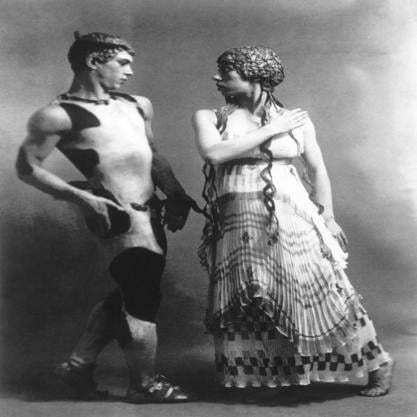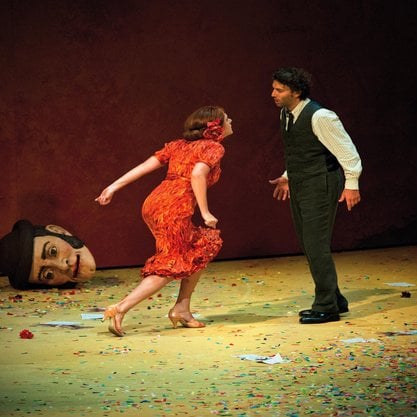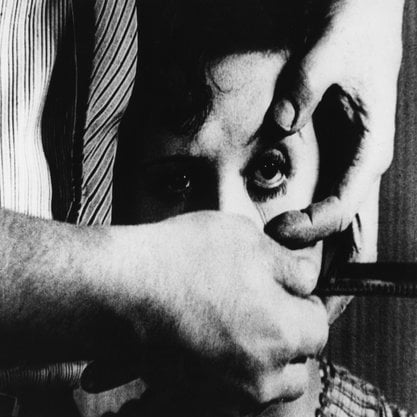Article
Delsarte, François (1811–1871) By Preston, Carrie J.
Article
A performer and teacher of voice and movement, François Delsarte developed a theory of expression that influenced modern dance, actor training, poetic recitation, silent film, and physical culture in the early twentieth century. His ideas and methods were brought to the United States in 1871 by his student, Steele Mackaye (1842–1894), and then adapted by performers, physical culturists, and reformers into a diverse set of movements known as Delsartism. Extremely popular from the 1880s through the 1920s, Delsartism promoted physical exercises and poetic recitation for health and personal development as well as for professional performance. The movement traveled back to Europe to establish trajectories in many fields of modernist aesthetics and education, all emphasizing bodily expression, classical ideas of beauty, and a unique, improvable selfhood.



